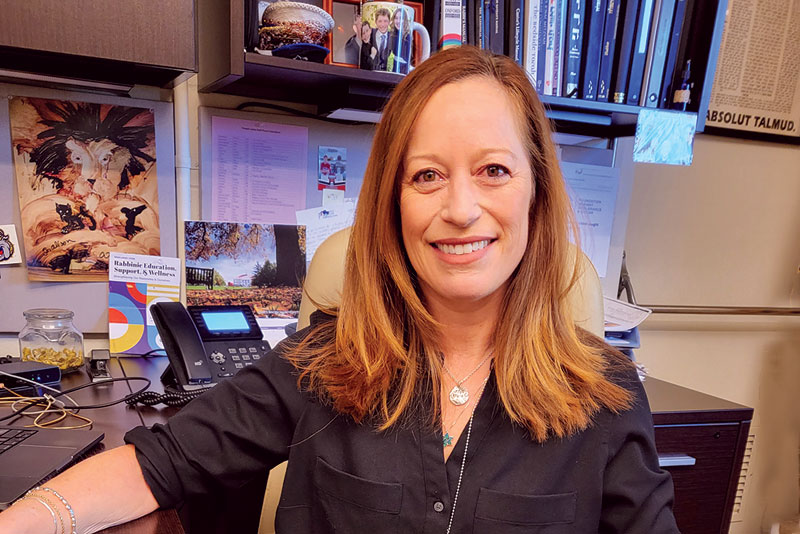
Her title might read “Rabbi Cantor,” but Temple Judea’s Alison Wissot knows that’s backwards. Singing, and becoming a cantor came first, thanks to the legendary Cantor Nathan Lam.
“I grew up at Stephen Wise Temple when it was ‘Stephen S. Wise.’ Rabbi Isaiah Zeldin was my rabbi, and then Rabbi Eli Herscher. They were giants. It was a magnificent experience growing up there. I felt very connected there to my Jewish identity. I didn’t love Religious School. But I loved singing Jewish music.”
Even when she was “really little,” Wissot was already a performer, a kid acting in musicals. Dance was her first love, followed by singing. She joined a ballet company When she was about 13, she began voice lessons. “I had sung with Cantor Lam in various opportunities. Lam formed a student group that sang at Wise’s Friday night services, Wissot joined and, “as time went on,” she said, “it became a deep part of who I was.”
By the time she was a 10th grader at Westlake School for girls, her classmates were talking careers, but “there really weren’t women cantors. I did not envision myself doing this. But as I grew older, that world became more open to me.”
But she still yearned for the stage. She fulfilled those desires as a young adult, appearing on stage in both New York and London. “While I felt happy during that time, and I loved the work, I was not fulfilled,” she said. And she was homesick. “I was missing my family,” so she returned to Los Angeles.
Back home, one Shabbat morning, Cantor Linda Kates was leading the services at Stephen Wise. “All of those moments came together,” she said. “The beauty of the Jewish music, the feeling of purpose, the feeling of community – and also hearing a woman’s voice, someone to whom I could relate. I was a little older. I had done some of the things I wanted to do. It clicked.”
Forty-eight hours later, she knew what she had to do. “I had a Monday morning voice lesson with Cantor Lam,” she said. “I went into his office and said ‘Sit down, there is something I have to tell you.’ He said ‘You sit down. There is something I have to tell you.’ He said ‘There’s an Israel trip leaving in about 10 days. A spot just opened. I want you to take it.’
“I said, ‘That’s great, because I am going to be a cantor!’” This was about 1996.
“I think most of us in this business have a moment where time stops and it all comes together,” she said. After the Israel trip, she enrolled at Hebrew Union College (HUC), New York. “I was the weirdo who took extra classes — all I could fit in. I just wanted to learn. It should not have been a shock to anyone when I went to rabbinical school.”
She can trace her decision to become a rabbi to a single date: 9/11. Returning to Stephen Wise as a cantor in the summer of 2001, “I had barely gotten my feet wet as a professional when 9/11 happened.” From conversations with the clergy team, she “realized on that day that to be a part of the Jewish discourse, to be able to contribute my thoughts and opinions, I needed to have the authenticity of being a rabbi.”
Convinced before 9/11 that “I knew a lot about what was going on in the world with radical Islam,” the cantor said “nobody was interested because my training was as a cantor.” She realized she could spend the next 15 years “waiting for people to find my own authenticity, or I could go back and study more and get my rabbinical degree and be a part of the conversation.”
Two years later, she left Wise to become a fulltime rabbinical student at HUC Los Angeles. “I landed here [at Temple Judea] because the cantor before me was leaving. They needed someone to fill in.”
Michael Wissot, then running for the California Assembly, came to Wise for Shabbat as part of his campaign. “I noticed him from the bimah,” she said. “But I was too chicken to introduce myself. My parents had met him at another event, and they introduced me.”
The same day they met, she told her parents he was “The One.” He agreed.
After 22 years, Wissot said her job still looks different every year. “I love that because I never get bored,” she said. “One thing I love about this place is that you can take risks — a firm enough place to stand by its values but flexible in responding to the needs of the community.”
She calls the staff at Judea an “amazing team; we like each other, we disagree about a lot, and we talk about important things.” The rabbi-cantor would counsel a newcomer, “You need to be able to tolerate but empathize with opinions different from yourself. That is the only way we get to a sense of truth. None of us has The Truth.” Wissot always operated with the idea of “prepare yourself and the opportunity will come,” which she said means “study, learn, grow, continue to take voice lessons until you are going to stop singing, continue to put things into the well and suddenly there are opportunities to use those things. That is what my parents taught me. It’s what makes life fulfilling. Be in conversation with people with whom you disagree. Work on your own character. See the beauty life has to offer.”
“That is what my parents taught me. It’s what makes life fulfilling. Be in conversation with people with whom you disagree. Work on your own character. See the beauty life has to offer.”
Fast Takes with Rabbi-Cantor Wissot
Jewish Journal: Do you have any unmet goals?
Rabbi-Cantor Wissot: An infinite number. My goal this year: I want people to understand they need to show up (at services). Watching online is wonderful, but you need to be in the room for others.
J.J.: The single happiest moment of your life?
CW: I am lucky to have many. Meeting my husband and knowing instantaneously. I knew. He knew. The births of my three children. Moments in their lives. My wedding. I have been blessed with so many extraordinary moments. If I am open to it, there will be more.
J.J. Best book you have read?
CW: “The Choice” by the Holocaust survivor Edith Eger.







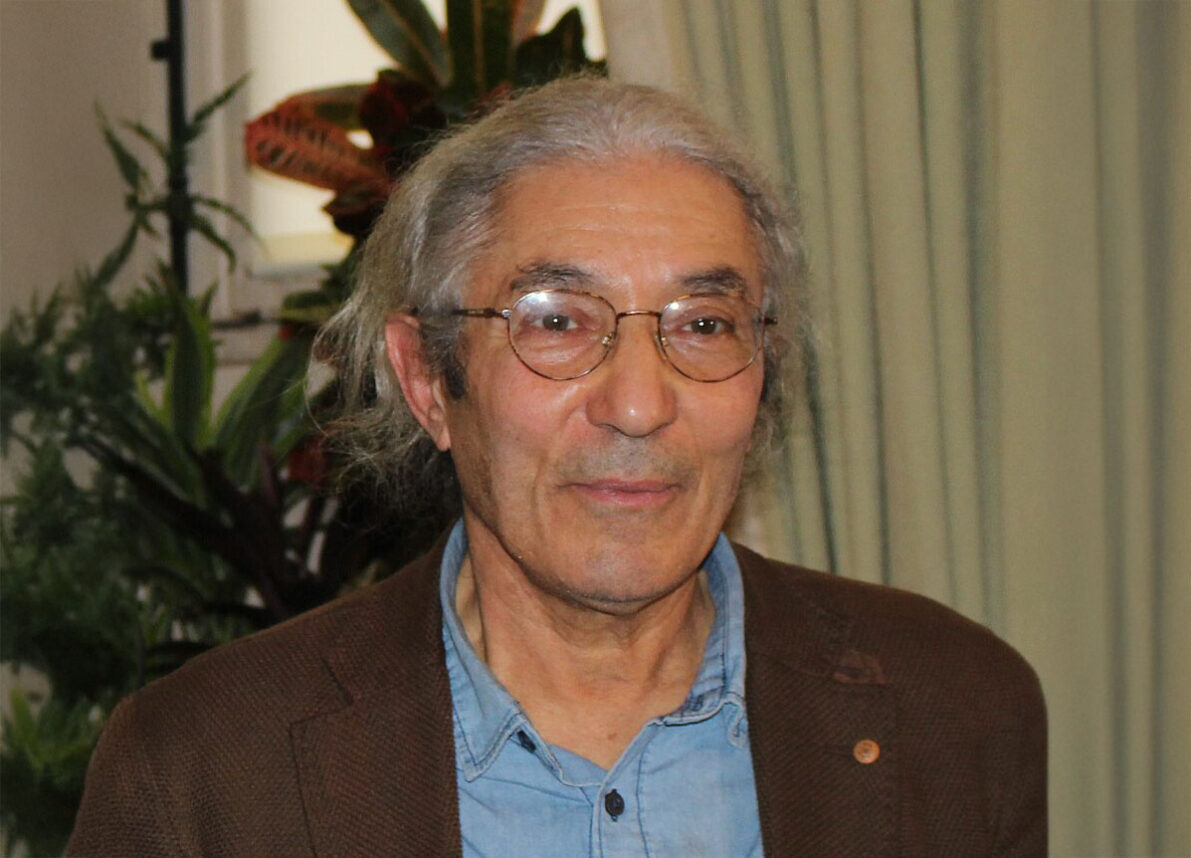
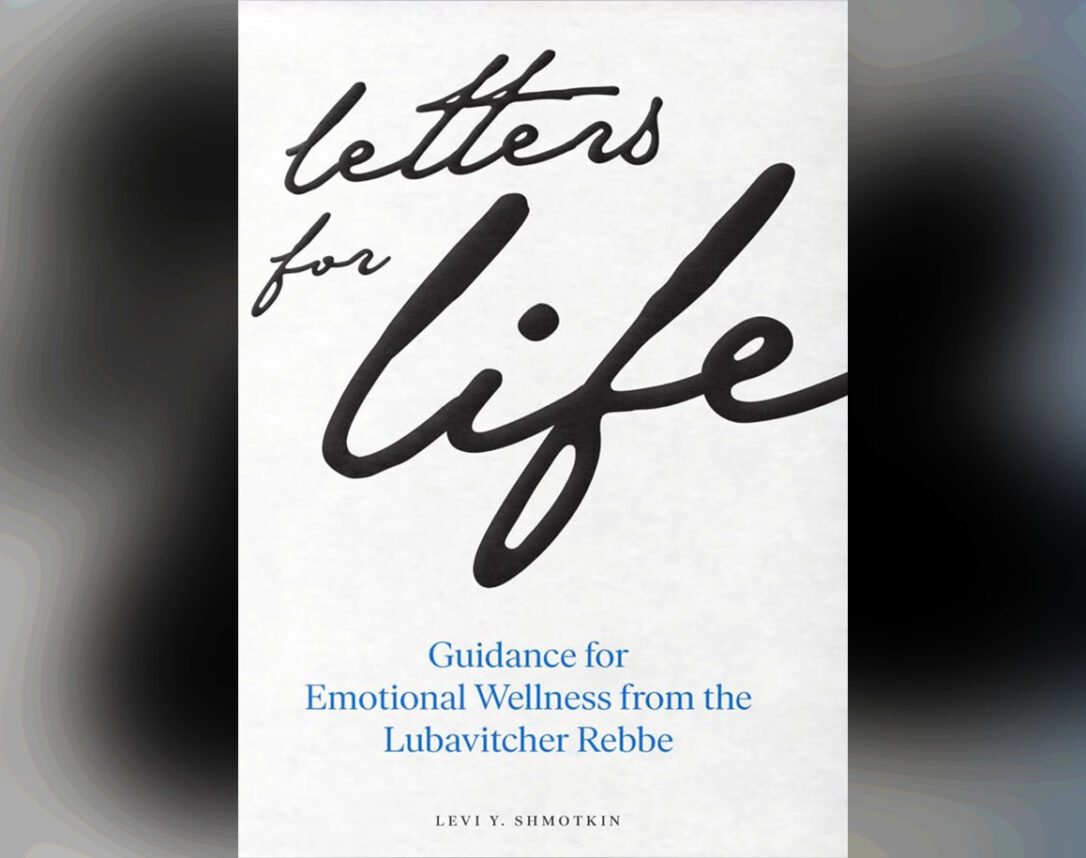
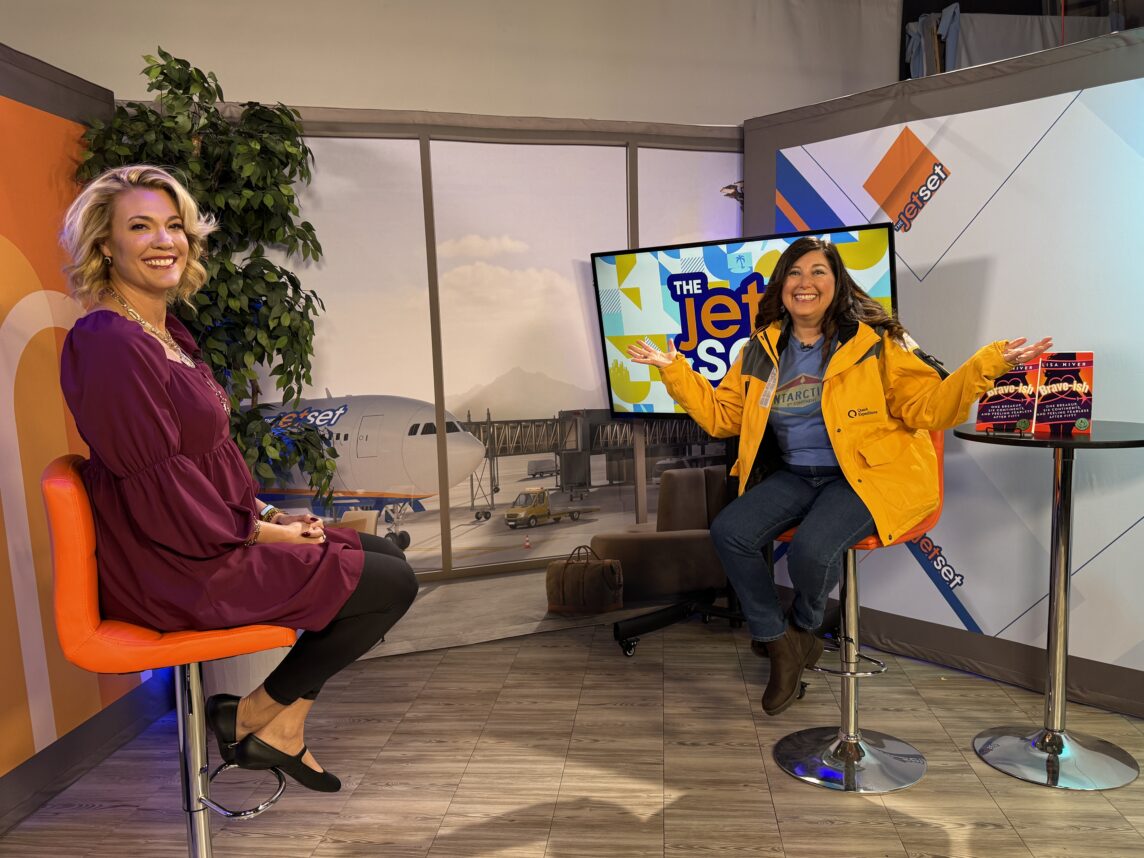
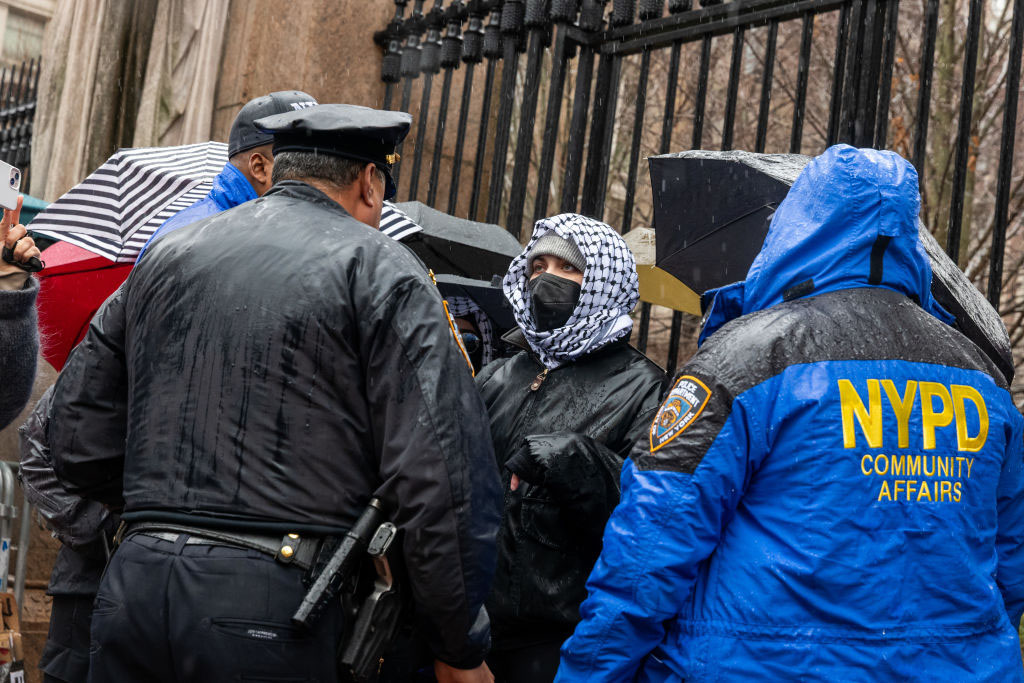
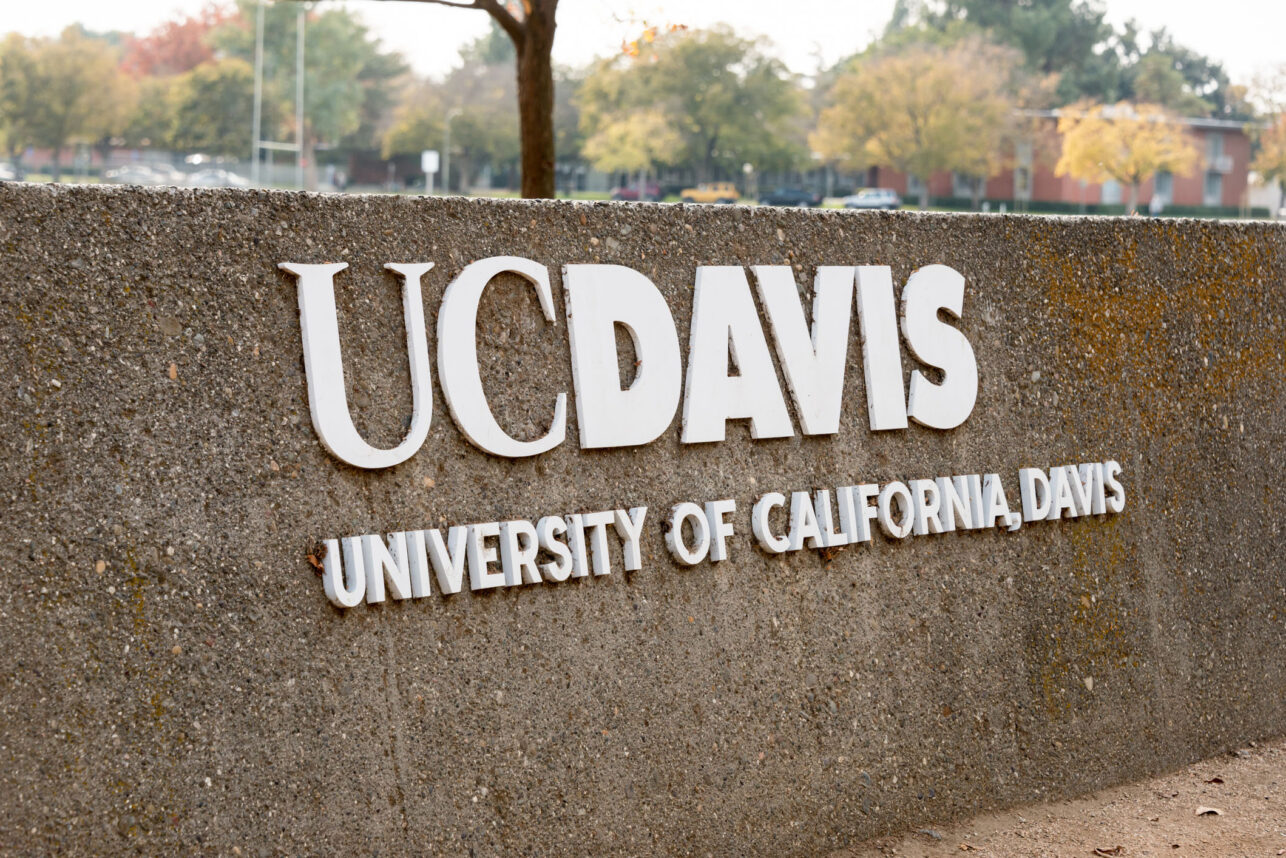
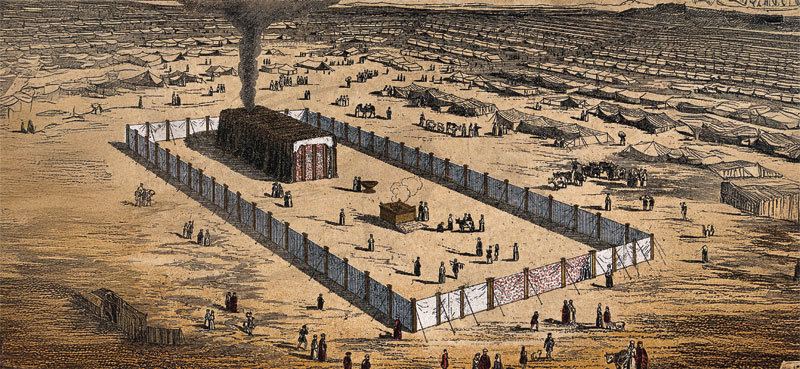
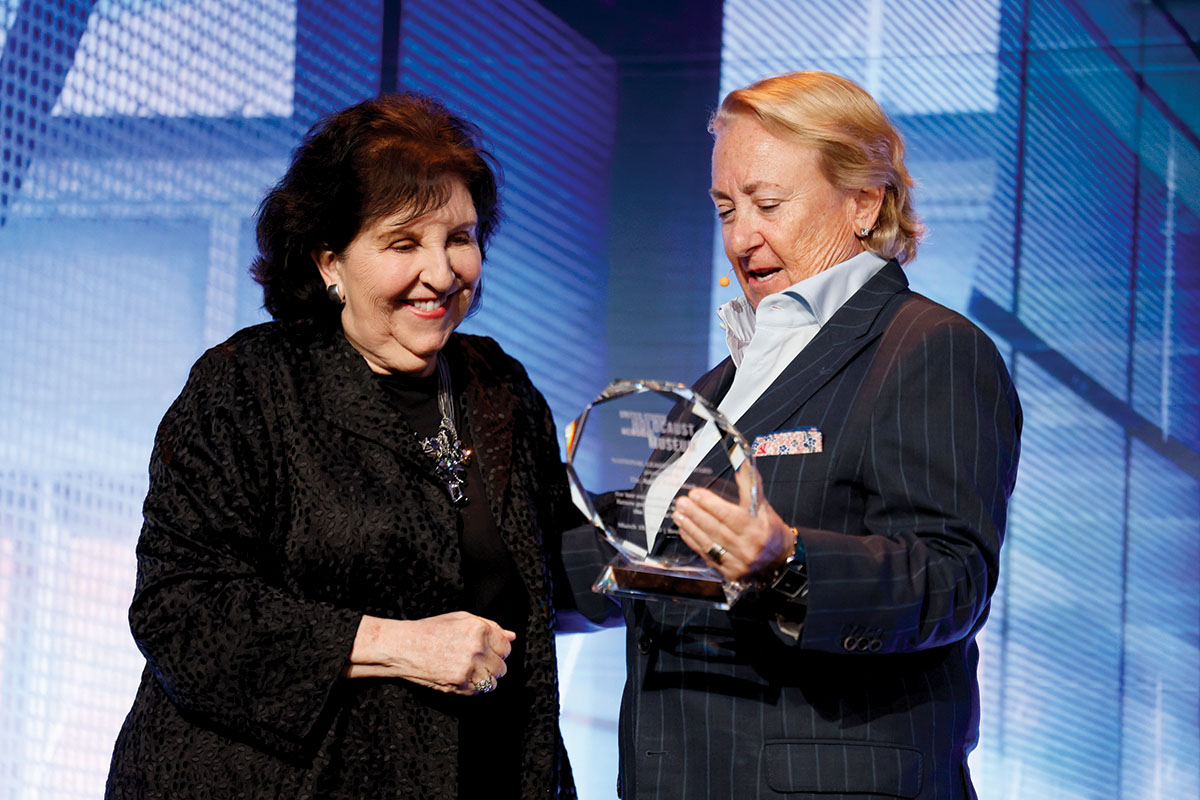


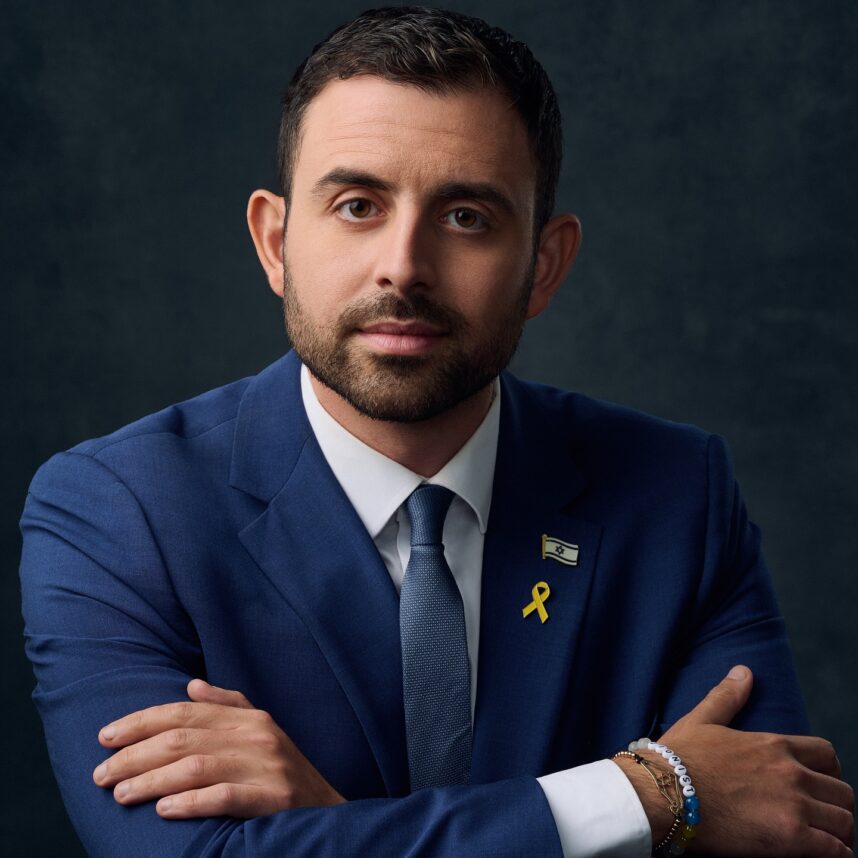
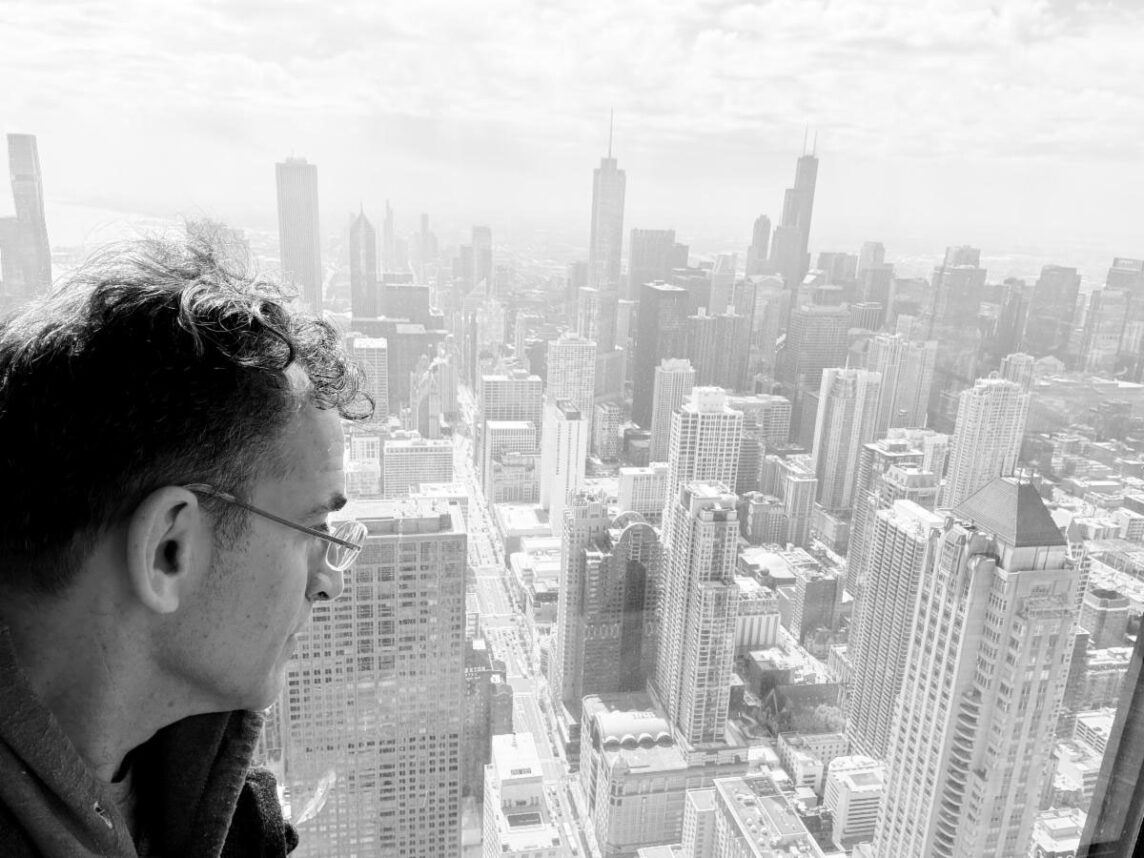






 More news and opinions than at a Shabbat dinner, right in your inbox.
More news and opinions than at a Shabbat dinner, right in your inbox.